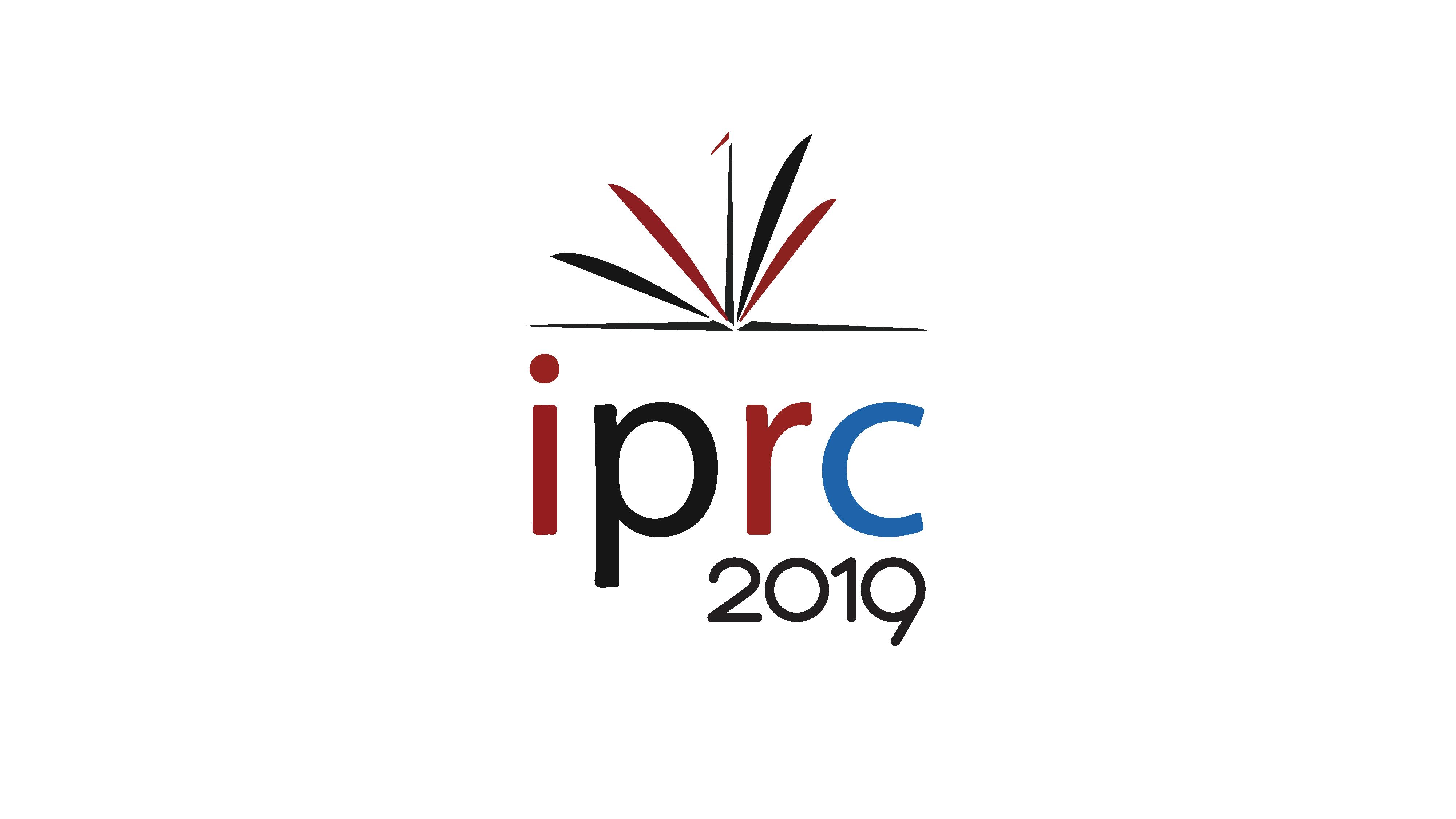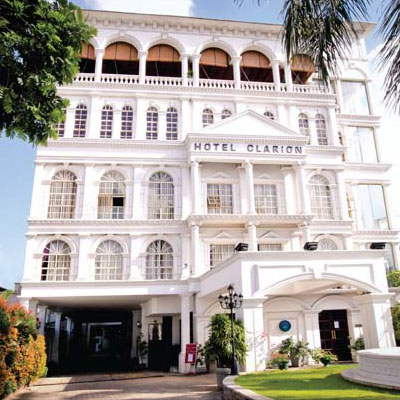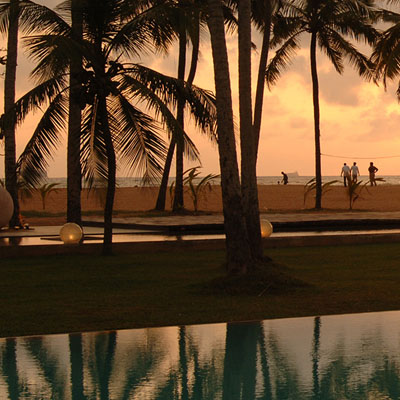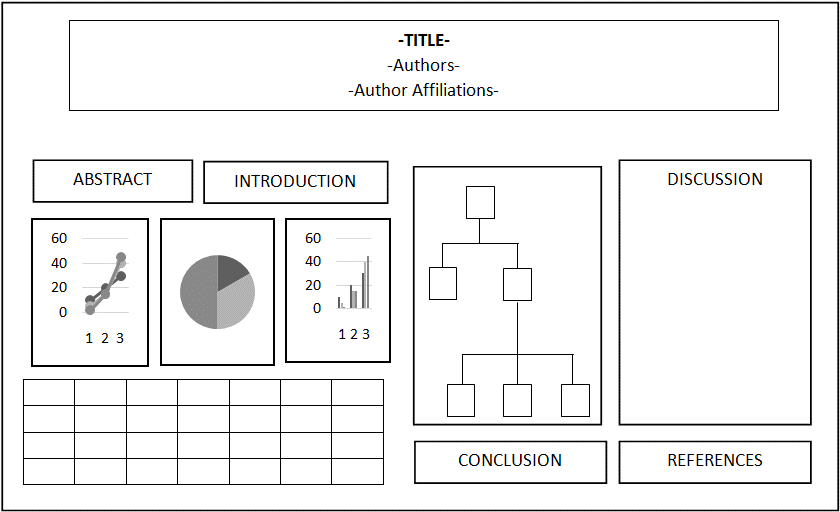
Sustaining Multidisciplinary Research through Digital Transformation/s
Research over the years has grown in multiple directions, sustaining the interest in academic inquiry into new knowledge. Multidisciplinary and interdisciplinary research has been able to push the academic inquiry onto new frontiers creating new avenues, new disciplinary interests and new world views. Digitising and digital platforms have added the needed sustainability to academic inquiry making research and expanding critical horizons a possibility, ushering academic inquiry into a digital age, thus creating exciting new platforms and avenues for research and researchers to grow.
Drawing on these new trends of sustaining multidisciplinary research and interdisciplinary inquiry into new knowledge frontiers through digitizing and digital transformations, this year’s International Postgraduate Research Conference focuses on “Sustaining Multidisciplinary research through Digital Transformation/s”. We believe horizons in research should be expanded and experimented with to provide new knowledge and thus invite papers that inquire into disciplinary differences and specificities that expand and sustain new ideas through digital transformations in their different fields and through their collaborative efforts. We welcome papers that focus on the relation between disciplinary specificity that strengthens collaborative work and introduce new means of preserving and sustaining research integrity through digitising and digital transformations in the following broader tracts.
Humanities
Social Sciences
Sciences
Medical Research
Commerce and Management
Computing and Technology








